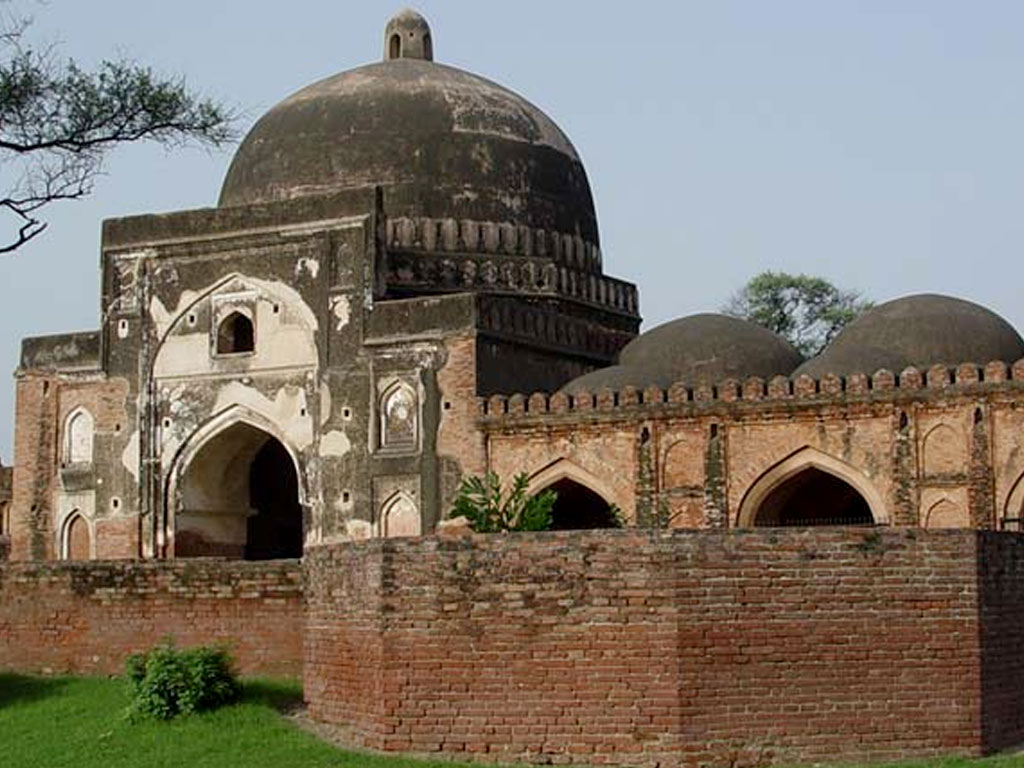Unresolved Babri mosque dispute

The conflict in Ayodhya, UP, India, over the Rama temple desired by Hindus to be built on the site of the Babri mosque demolished by the currently ruling Bharatiya Janata Party's (BJP's) zealots in 1992 has defied solution since the issue erupted in the early 1950s. Hindu nationalists believe the site is the birthplace of Rama and that the mosque that stood on the site for 460 years was built on the ruins of a temple marking this holy site. Historical and factual realities may not entirely bear out this claim, but the campaign has always had a political aspect to it. Hindu nationalism emerged in the last quarter of the 19th century under British rule in the aftermath of the crumbling of the Mughal Empire and its last gasp uprising against the British in 1857. It was founded on majoritarian religious identity and had more than its share of atavistic resentment against the thousand years of Muslim rule in India. Soon after Independence in 1947, the Hindutva brigade launched a campaign to build the Ram temple in place of the Babri mosque. The issue was clearly very emotive and threatened communal conflict until a court issued a stay order. That is where the matter rested for many years until the BJP, which had been on the margin of politics till then, decided to launch a Rath Yatra under L K Advani that resulted in the demolition of the Babri mosque by Hindu fanatics in 1992. Communal riots followed the demolition with 2,000 people being killed all over India, most of them Muslims. The issue once again landed in the courts, with the Allahabad High Court in 2010 awarding two-thirds of the site land to Hindus and one-third to Muslims. The verdict was challenged by both sides and has been stalled in the Supreme Court of India (SCI) since. Now the SCI has set up a three-member committee to mediate the issue and find a solution acceptable to all parties to the conflict. The committee is headed by F M I Kalifullah, a retired Muslim SCI judge, and includes a senior lawyer Sriram Panchu, considered an expert in mediation processes, as well as Sri Sri Ravi Shankar, the Hindu guru and founder of the Art of Living Foundation that boasts millions of followers worldwide. However, Sri Sri's views on the Ayodhya dispute are controversial, since he is on record as having advocated that the Muslims accept the building of the Rama temple at the site of the demolished Babri mosque to avoid further bloodshed. The committee has eight weeks to complete the mediation process, which the SCI has ordered must be conducted in "utmost confidentiality" given the religious sensitivities surrounding the issue. It has been empowered to induct more members if required.
The rise of Hindu nationalism in India after Independence threatens the country's secular and democratic Constitution and political culture. It has sought not just the obliteration of the Babri mosque and its replacement by a temple on Rama's claimed birthplace, it goes further to rewrite history from a Hindutva angle. Muslims in India since Prime Minister Narendra Modi and the BJP came to power in 2014 have been lynched over cow slaughter, Kashmiris of late all over India have been threatened and attacked and many have returned to their State for fear of life and limb (not that they are safe there). Although the SCI has taken this belated initiative to find some consensus on the issue through mediation amongst the stakeholders on both sides, it seems an uphill task given the past positions and conflict that has dogged the polity, especially since 1992. Whether the mediation committee will be able to navigate the shoals and reefs that threaten its path on all sides remains to be seen. But in the interests of India's own (and until recently universally cherished) principles of secularism and democracy that are the bedrock of mutual peaceful existence amongst its diverse religious and ethnic communities, especially historically conflicted Hindus and Muslims, it must attempt to find a solution that reconciles the contradictory claims and positions of the protagonists of the Ayodhya issue as far as possible to lay to rest a conflict that has the potential to tear Indian society apart on communal lines.
























Comments
Comments are closed.